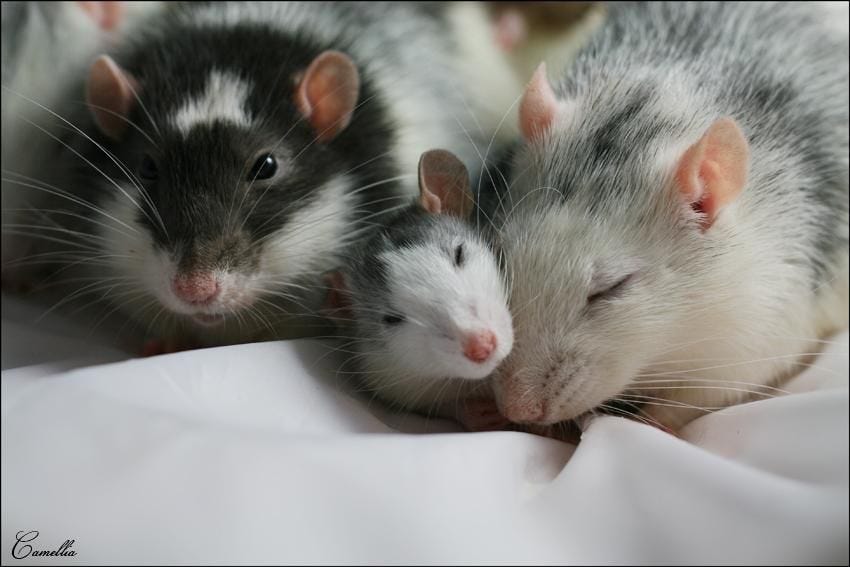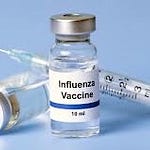(I’m posting this as a podcast as some of you have mentioned you like having an audio version. But if you prefer the traditional written format, simply continue reading…)
Problems in Cottonland
I moved back home to Cape Breton in 2003. CB has long been a “depressed area”, Canada’s equivalent of Appalachia, which JD Vance wrote about so well in Hillbilly Elegy. We were a coal-mining area for many generations, and thus in decline ever since King Coal was gradually usurped by Big Oil.
Over several generations, including my cohort (‘87 high school grad), Cape Breton’s biggest export was young people. Those with get-up-and-go got-up-and-went, heading off to university or to pursue jobs or start businesses anywhere but CB. Many never came back. Or if they did it was only after they were incapable of work due to disability, addiction, or age. There was a reverse natural selection process that left behind a lot of older folks, seasonal workers, unemployed, underemployed, and those on welfare or public benefits of some sort. A recipe for social disaster, and a perfect set-up for addiction problems.
Although tourist literature paints Cape Breton as vibrant and friendly (which it always was, and still is, in many ways), a dark underbelly of social problems and drug abuse grew. Just ask any police officer who has worked in CB. Like Appalachia, we became an epicentre for addiction to prescription opiates, drugs like Oxycontin or “Hillbilly Heroin” and more recently Fentanyl. The impact of drug abuse in Cape Breton was well captured in the documentary “Cottonland”, which you can watch online here.
My own aunt was one of those who became an addict, aided and abetted by a notoriously “loose” prescribing family doctor. He was representative of a very credulous medical profession, only too glad to accept the “education” sponsored by companies like Purdue. and then to do the work of promoting Big Pharma “solutions” to issues like pain, anxiety, depression, and social dislocation. But that’s another Substack…
Blaming the massive problem of opioid addiction and deaths of despair on Big Pharma alone is facile, however. Addictive drugs, and those who want to sell them to us, have been around for centuries. It seems that societal changes have made us soft targets for false promises. Over the last few generations we have become emotionally fragile, listless, and easily manipulatable due to much deeper psycho-social-spiritual issues.
What is Addiction?

Our model of addiction has inexorably become more mechanistic and scientistic, as has our thinking about human life overall. In this modern view a human is a predictable machine, whose running is understood by understanding chemicals, electric signals, or the mechanisms of joints and muscles. If we can only do more research, we can completely predict (and therefore control) The Machine that is us.
Using this modern mental framework, the logical approach to addictions asks the question: "What is wrong with, or missing in, this person's brain that we can fix for him?". The term “Opioid Replacement Therapy” is now used to describe giving methadone or Suboxone to addicts - a term that suggests that what is wrong with them is they are lacking opioids. The same way we would prescribe thyroid medication for someone whose body doesn’t make it properly, or growth hormone for kids who are deficient. The term “Stimulant Replacement Therapy” has now crept in for people who crave stimulants, for which the withdrawal is much less problematic than with opiates.
As this new mechanistic model has taken hold of our thinking, we have abandoned a deeper spiritual-social-cultural model of addiction. In that model we ask the question: "What is missing in this person's life that doing drugs seems like the most logical choice?”
Rat Park
The Rat Park studies give us a wonderful insight into this issue. Many of our studies that “showed” that drugs are extremely addictive were done on isolated rats. Take a rat, put it alone in a cage with 2 water bottles. One has cocaine (or morphine, or valium, or something addictive) in the water. The other doesn’t. Most rats quickly become addicted and dependent, and will go into withdrawal if their drug is taken away.
But Dr. Bruce Alexander of rat park fame (and mentor to FSIM 2023 speaker Dr. Julian Somers) recognized that rats are complicated, social animals. They need social contact. They need touch. They need companionship, structure, and purpose. Rats in a healthy social environment (the rat park) were FAR less likely to become addicted, even when given ready access to addictive substances.
Jordan Peterson has spoken eloquently about this issue (as he has with many others). Rather than asking “Why do some people become addicted”, the better question is “Why doesn’t everyone become addicted?”. Rather than focusing only on what goes WRONG in the lives of addicts, what is it about those who aren’t addicted that makes them different?
The answer seems to be that we are much less likely to become addicted if there is something to get up for in the morning. Why not drink that 3rd (or 8th or 12th) beer? Or smoke a few more joints? Or accept the offer to snort a few lines of coke? Because we have something better, something more important, to do with life. Because we have to be at work in the morning and our coworkers are counting on us. Or get up to drive our kid to hockey. To get that Substack written that has been burning in the back of our mind. Or drive our elderly mom to get groceries. We have things in our life that are more meaningful and fulfilling than being intoxicated, and being chronically intoxicated gets in the way of our doing them.
Johann Hari and other authors have said that the opposite of addiction is not sobriety. The opposite of addiction is connection.
Harm Reduction, at it’s base, approaches addiction (and the problems that stem from it) as medical problems, ones to be solved by experts and the collective, rather than individual spiritual problems. Some of us believe that this approach is destined to fail. In the next few Substacks, I’ll expand on why I think so.















